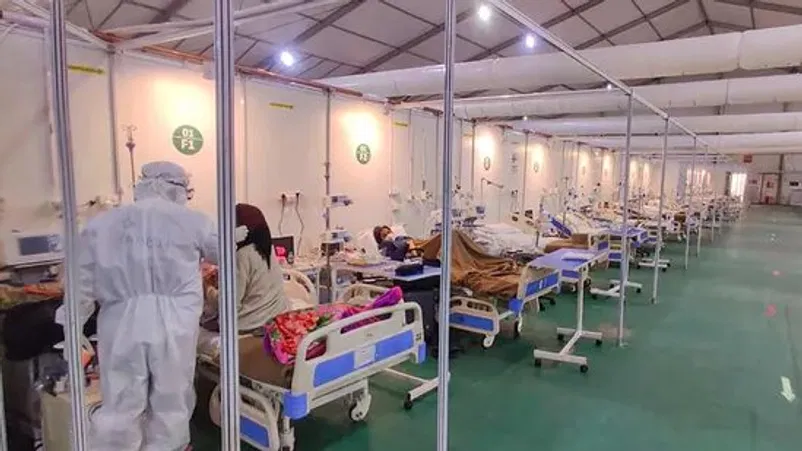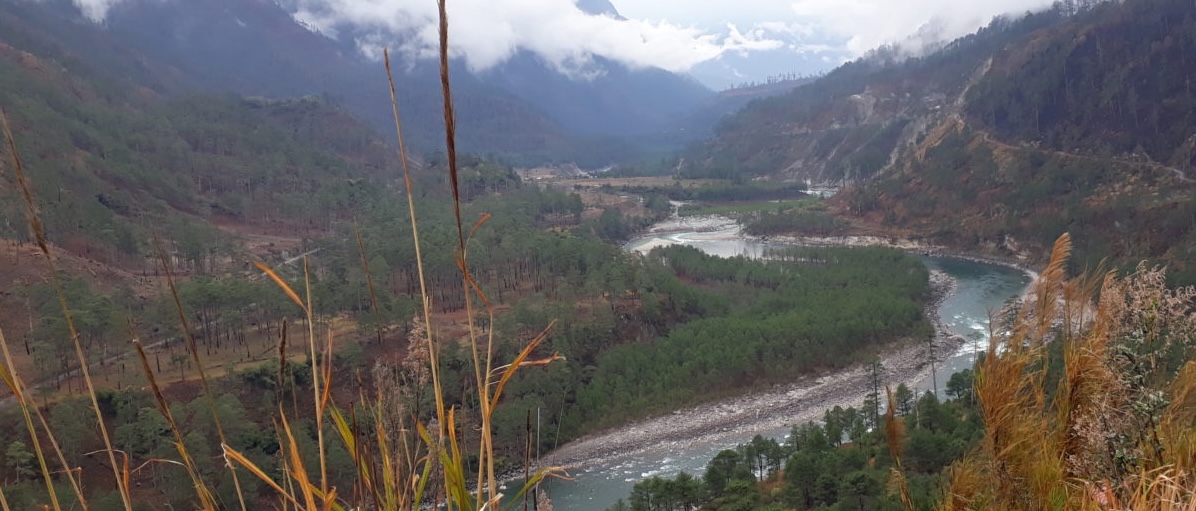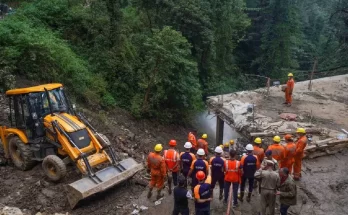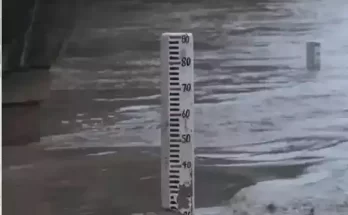At the Russia-India Business Forum, the EAFO and ECRC head highlighted the deficiencies in research, publicly funded healthcare segment in both countries.

Representational image (Photo credit: PTI)
An Indian citizen with his heart in Russia, surgical oncologist Somasundaram Subramanian has a finger on the pulse of healthcare advancements in both the nations. Living in Russia for the last 33 years, he is the Founder, General Director, Eurasian Federation of Oncology (EAFO) and also the Chair, Board of Directors, Eurasian Cancer Research Council (ECRC).
News9 Plus caught up with him at the Russia-India Business Forum, where he moderated the session ‘Russia-India: Focussing on Cooperation to Advance Healthcare’ on Wednesday. Opportunities for and interest in cutting-edge research are lacking in the countries, he said in an interview. Edited excerpts:
You drew attention to a vital deficiency in publicly funded Russian and Indian healthcare institutions and even called them ‘impotent’. Why so?
There is one segment in society, apart from the ‘for-profit’ companies, industries and the State-run sector. That is ‘not-for-profit’, which is in the interest of humankind, if it is not misused.
So, the ‘not-for-profits’ in both India and Russia, in my opinion, should play their role in healthcare. That is very important. In the United States, for example, Mayo Clinic, Johns Hopkins, St Jude, and many others. They have their own board of directors. They have their different councils, etc. They don’t have shareholders like big corporations, but they are managed in a corporate manner. They make profits, their profits go into education, science and advancement. Big millionaires and billionaires sit on their boards, but nobody takes out the dividends. Instead, they make donations.
So, are you saying that such institutions are missing in both Russia and India?
Absolutely. India has many of them, but very few are involved in research, if you talk about top-notch medical research, biomedical research and life sciences. There are a great number of science graduates in both India and Russia, but they don’t get opportunities. How many people with MSc and PhD do you know or those with BSc, who are out without a job? But they go to the US, Canada, New Zealand or Australia, and they flourish excellently.
The Soviet Union was different. It was fully state-funded, very efficient. They could compete with the entire world for seven decades. That was because in the Soviet Union, if you came up with a phenomenal idea, the State would fund everything. You didn’t think of the money, you only did your work. That’s how Yuri Gagarin went to space. That’s how they became the pioneers in many things.
You have highlighted that the West would not put sanctions on nuclear medicine from Russia. Could you please elaborate?
That’s because the western countries are very reliant on the Russian nuclear industry. Even after 30 years of the breakdown of the Soviet Union, the Russian nuclear industry is the number one in the world. And Russia is the world’s largest supplier of fuel to nuclear reactors as well. So, the West has not put any sanctions on Russian nuclear medicine.
You are quite involved with Russia-India relations. How do you see the current situation?
For the past nine years, I wanted India as a nation, represented by the Indian leaders and diplomats, to broker peace between the Ukrainians and the Russians, because India has a special relationship with Russia and had a special relationship with Ukraine. The conflict didn’t start last year. It started nine years ago, in 2014, when minority and Russian-speaking Ukrainian nationals were brutally killed. They called it an anti-terrorist operation. And the Russian leader kept warning, and then he had to go in.
I feel very sorry. I have a lot of Ukrainian friends. Sooner or later, the leaders will come to some agreement and peace will return. But how do you answer those whose brothers and sisters die? Be it Ukrainians, Russians or whoever. India had an opportunity to broker peace, but I believe that India failed.
(This story first appeared on news9live.com on Mar 30, 2023 and can be read here.)



